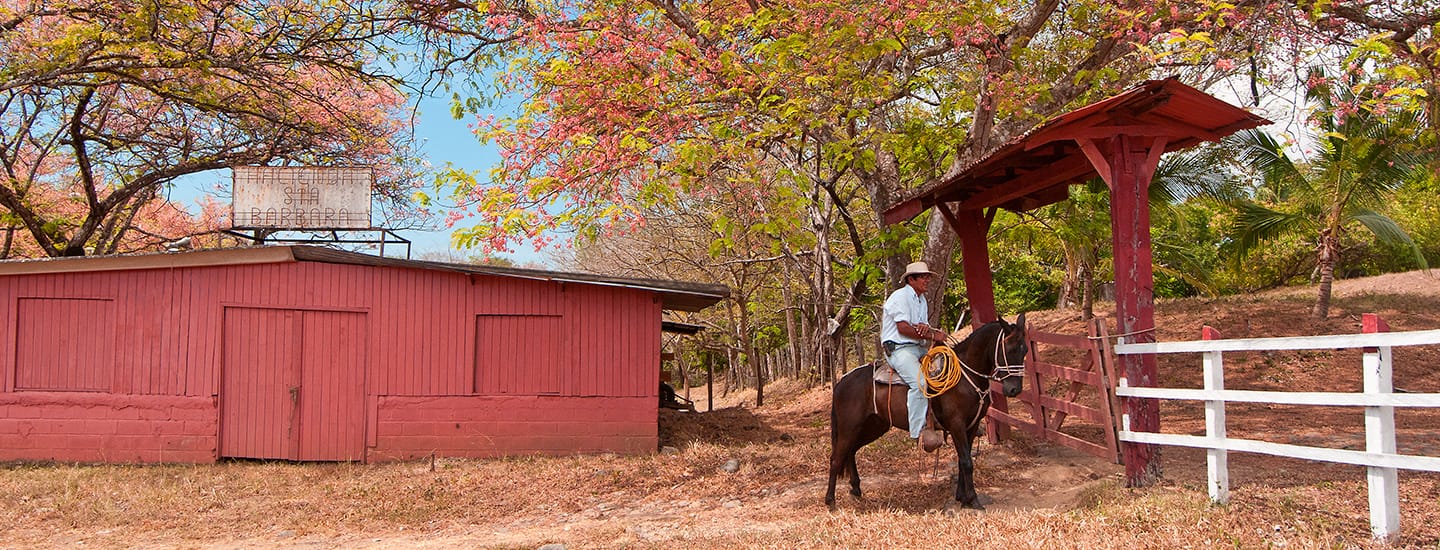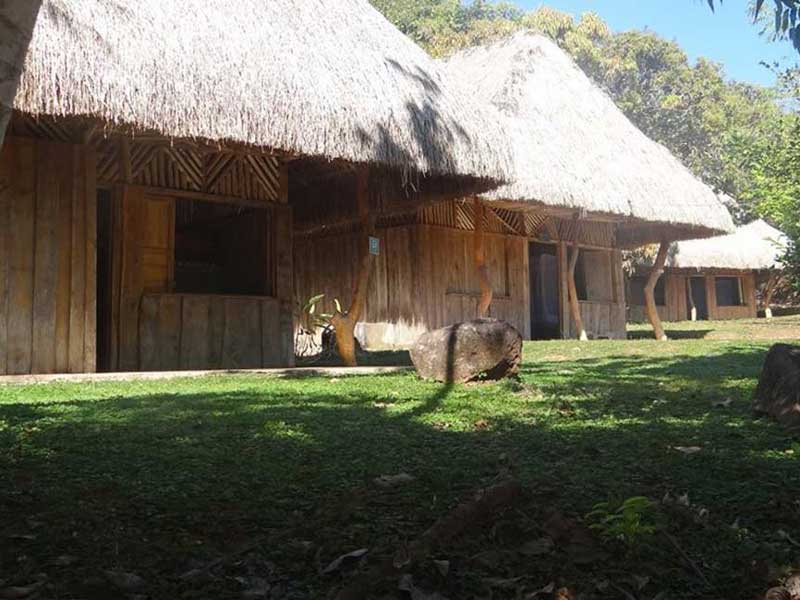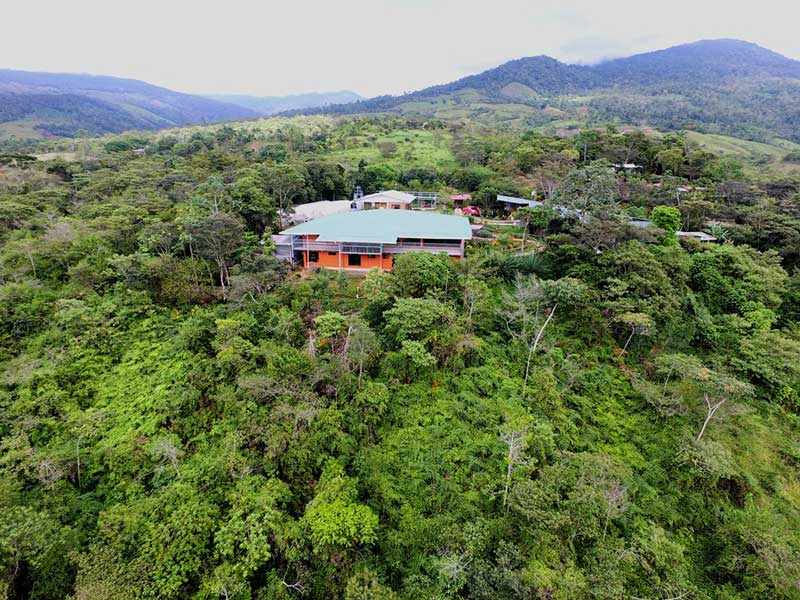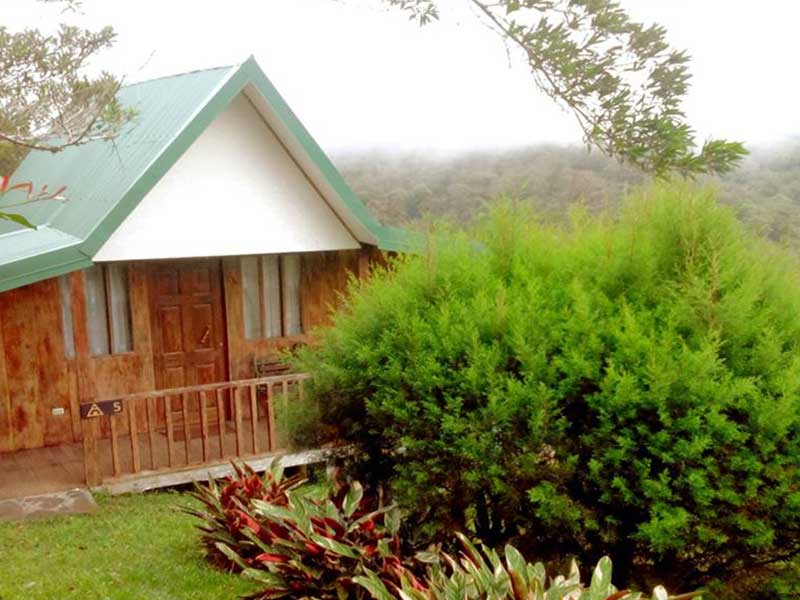
Rural tourism
Rural tourism and community-based rural tourism
Rural Tourism (R.T.) and Community-Based Rural Tourism (C.R.T.) provide an authentic experience with personalized attention that allows you to enjoy our form of rural living, and to get know the essence and identity of Costa Ricans. It is characterized by quality provided by every company that offers these products.
In a perfect combination of nature and culture, you will discover Costa Rica’s “Pura Vida” lifestyle while enjoying and sharing diverse environments of peace, comfort and communal living with our customs and traditions, immersed in a magnificent natural diversity.
The family environment that is characteristic of this offering allows you to enjoy personalized attention and helps you learn about rural culture, farming traditions and small artisanal industries. It invites you inside rural living in our country through traditional cuisine, authenticity of the communities, and the wealth that comes from living in a natural environment where sustainable practices promoted by business owners dominate as part of this product.
Feel: The Costa Rican cultural identity and share the experience of rural culture.
Enjoy: Personalized treatment that envelopes you in a familiar environment with guaranteed quality.
Immerse yourself: In the sensations produced by exploring nature’s biodiversity and sharing traditions and local knowledge.
Savor: Rural culture, the essence of our people and customs.
Rural Tourism and Community-Based Rural Tourism Lodging: Minimum of three rooms, all with private bathrooms. At least one must comply with Law 7600 governing Accessibility for People with Disabilities. The offering should provide meal service, at least for breakfast.
Receptive Travel Agencies: Specializing in rural tour offerings and operating at a local level by organizing their own products. These products allow visitors, according to their needs, to delve into our culture, with quality and security for the tourist.
Thematic Subject: Ranch or area devoted to offering tourist services and/or restoration of material or non-material cultural patrimony, and to sharing the rural and agricultural culture of these areas. This allows travelers to learn about productive processes, small industry and the application of sustainability through practices with artisanal technology, or mechanical and semi-industrial processes.
Eateries: Rural restaurants with a menu based on traditional cuisine from the local area. Although these restaurants are small and adapted to the conditions of a rural area, they should guarantee a level of quality that includes appropriate food-handling and hygiene to provide the tourist with safe and reliable service.
Gastronomy: Delve into the sampling of a large diversity of flavors elaborated with traditional knowledge and techniques that guarantee a combination of sensations that awaken our most intimate memories of rural family life.
When you choose Rural Tourism or Community-Based Rural Tourism, you are contributing to local economic development and an improvement in the quality of life for local residents. This integral perspective promotes sustainable processes by generating benefits in the following ways:
Economically:
- Diversifies income-generation sources by creating new employment opportunities for women and youth, who obtain new incomes.
- Distributes incomes with better equity.
- Creates new business opportunities.
- Creates value for resources possessed by local families.
- Integrates the local population in business activities.
- Brings small and medium-sized local businesses into a broader business environment.
- Promotes land tenure among local residents.
- Invigorates local and regional development (by generating local jobs oriented toward reducing rural poverty, and diversifying and invigorating the structure).
- Diversifies and enriches the national tourism offering; diversifies and contributes to making the country a more attractive destination.
- Promotes tourism business entrepreneurs in rural areas.
Socially:
- Creates interaction between local economic actors.
- Generates new skills, knowledge and training for local residents.
- Effectively incorporates women in business decision-making.
- Facilitates improvements to quality of life for local residents.
- Promotes and strengthens human abilities (business, cultural, political, organizational and spiritual).
- Is based on local management and participation (strengthening local organizations in which several families from the community participate).
- Offers as part of the tourist experience a visit to or participation in productive activities developed locally (which can be complemented by other activities such as adventure tourism, ecotourism, craft-making and fishing, among others).
- Supported by the values of solidarity, cooperation and respect for life.
- Requires lasting and stable relationships with state institutions.
Culturally:
- Rescues local identity.
- Protects cultural roots.
- Identifies, rescues, conserves and promotes tangible and intangible patrimony.
- Innovates services and products with local identity.
Environmentally:
- Rescues and conserves natural resources: flora and fauna.
- Increases awareness for sustainable use of natural resources.
- Applies best practices for natural resource management: organic production.
- Innovates the use of alternative technologies geared toward sustainability: solar energy, waste digesters, rainwater harvesting.
Community rural tourism directory
What´s the meaning of the leaves 
Sustainability Certification program (CST)
Sustainability seeks a balanced interaction of three essential factors within the tourism industry: the proper management of natural and cultural resources; the improvement of the quality of life of the neighboring communities; and the economic success, which contributes to other national development programs.
The Costa Rica Tourism Board (ICT) developed the Certificate of Sustainable Tourism (CST) program for tourism companies with the goal of categorizing and differentiating Costa Rican hotels according to the degree to which their operation approaches a sustainability model, in its management of natural, cultural and social resources.
Previously, the levels were reflected on a scale of 1 to 5, with 5 representing the maximum level a company could achieve in sustainable practices. To-date, there are still companies with a level 5 classification. However, currently, there are two levels of CST, the BASIC and ELITE, with the latter being the second best classification of the standard.








